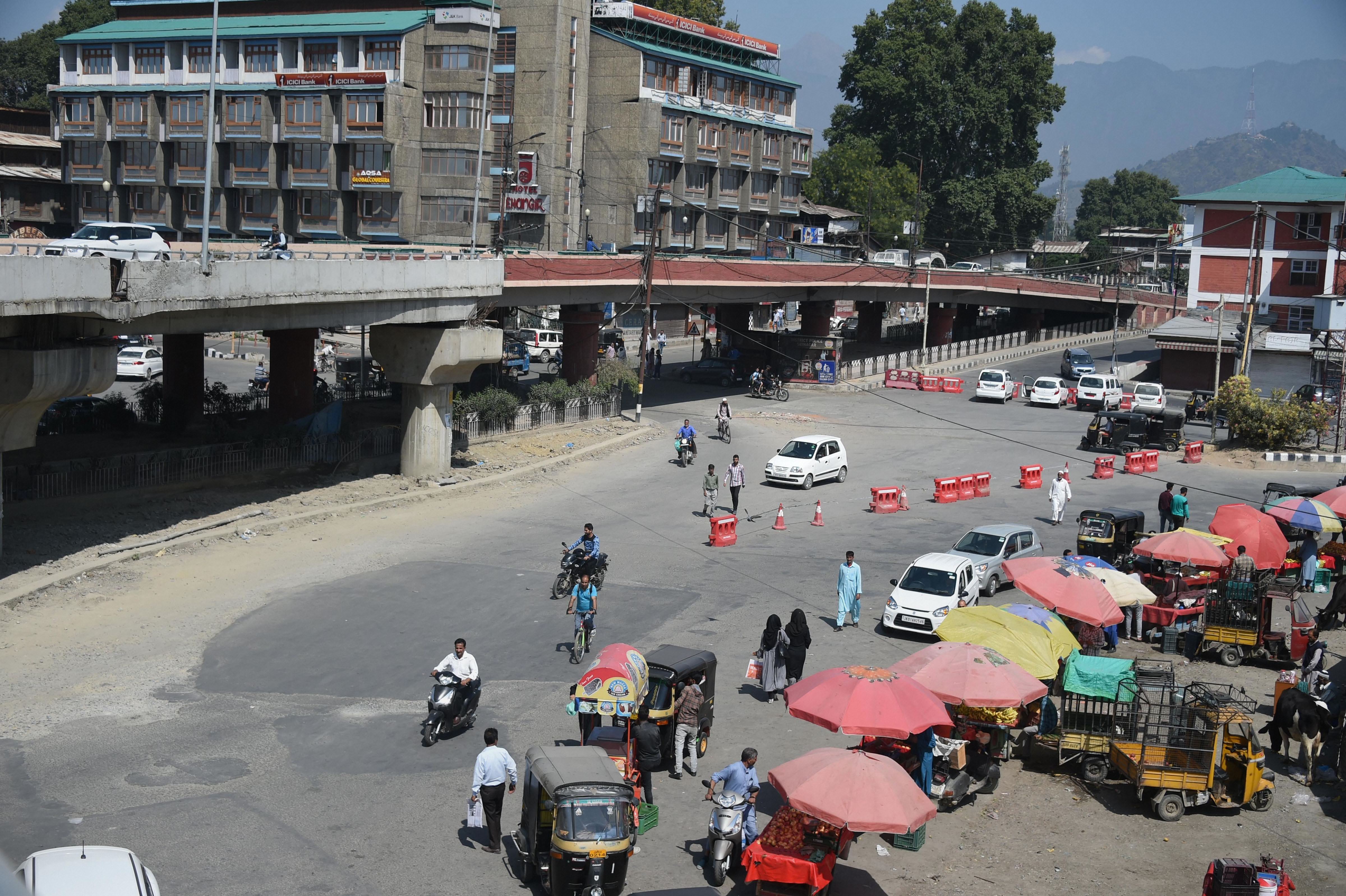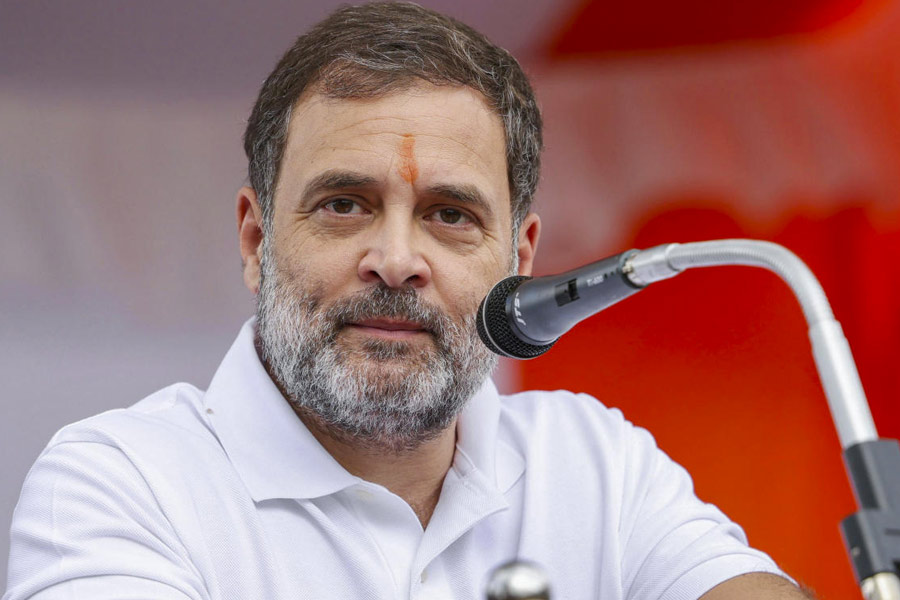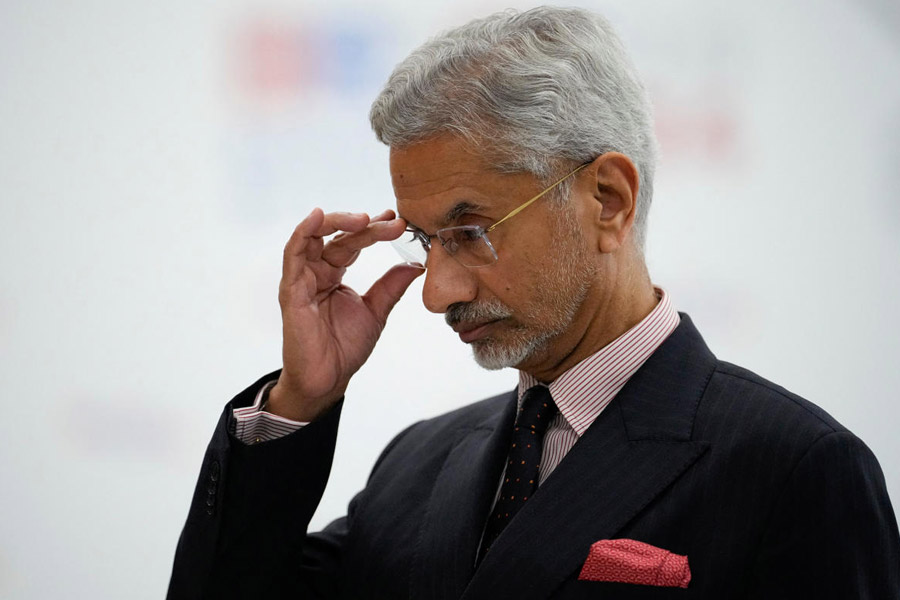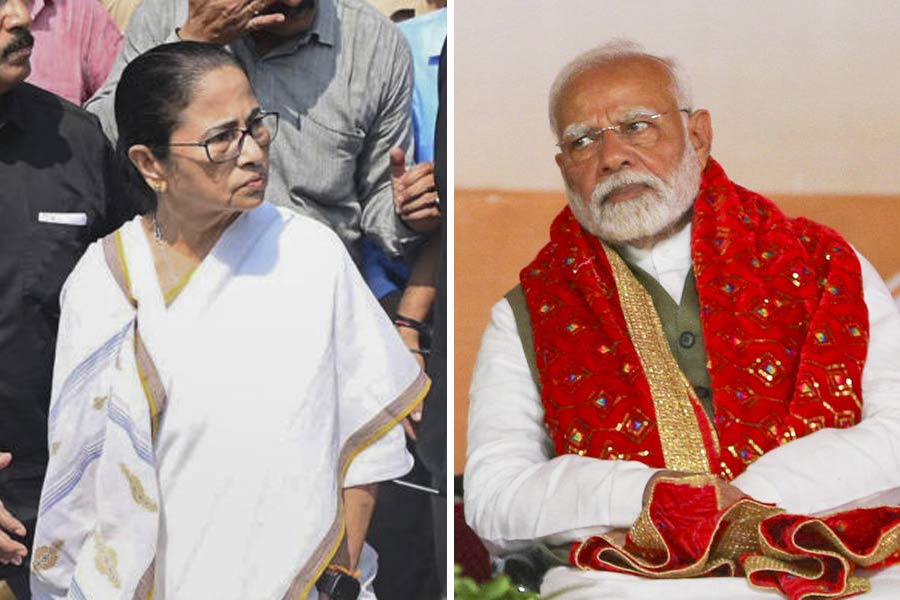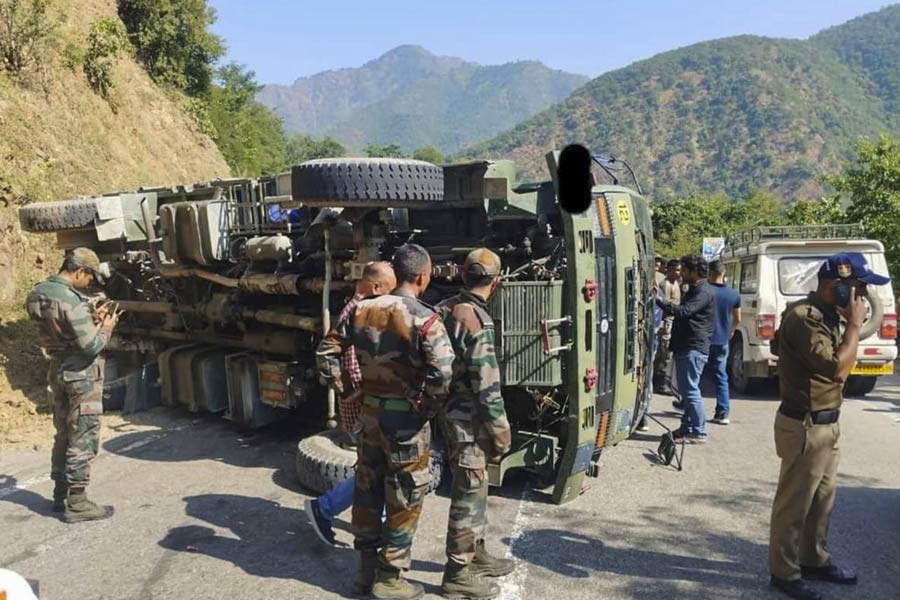The statements of leaders and governments in other countries on the continuing state-enforced lockdown in Jammu and Kashmir suggests that the situation is being closely watched from foreign shores.
Jammu and Kashmir’s special status was scrapped on August 5. Initial reactions from world leaders suggested caution as two nuclear-armed neighbours were involved, although western media reported on the confinement an detention of political leaders in the region.
India categorically told the international community that the abrogation of special status is an internal matter and Pakistan should accept the reality.
But as restrictions in Kashmir continued for over a month, some leaders started prodding New Delhi to end political detentions and revive communication networks.
United States
In a September 12 letter to US President Donald Trump, four Senators – Chris Van Hollen, Todd Young, Ben Cardin and Lindsay Graham – expressed concern over the human rights situation in Kashmir. “With each passing day, the situation for the people of Kashmir becomes increasingly difficult,” they wrote.
Trump’s offer for mediation and assistance in helping reduce tensions between India and Pakistan over Kashmir has already been widely reported. “We spoke last night about Kashmir, the Prime Minister really feels he has it under control,” Trump said on August 26 about Narendra Modi.
On August 30, Senator Bernie Sanders was critical of India’s move. He called India’s action unacceptable and demanded that the communications blockade be lifted immediately.
On September 5, exactly a month after the Kashmir clampdown, the US state department said it was “very concerned by widespread detentions, including of local political and business leaders, and the restrictions on the residents of the region”. The department urged the Indian government to respect human rights and resume political engagement with local leaders along with the scheduling of elections.
China
On September 10, external affairs spokesperson Raveesh Kumar rejected the reference to Jammu and Kashmir in a joint statement by China and Pakistan. China in a joint press release with Pakistan's foreign ministry opposed “any unilateral actions that complicates the situation”.
“The Pakistani side briefed the Chinese side on the situation, including its concerns, position and urgent humanitarian issues. The Chinese side responded that it was paying close attention to the current situation in Jammu and Kashmir and reiterated that the Kashmir issue is a dispute left from history, and should be properly and peacefully resolved based on the UN Charter, relevant UN Security Council resolutions and bilateral agreements,” the statement said.
United Kingdom
On September 3, foreign secretary Dominic Raab raised the issue of Kashmir in the House of Commons. Raab said the issue of human rights is not just a bilateral issue for India or Pakistan but an international issue. He was responding to a question from Conservative Party MP Steve Baker.
“All and any allegations of human rights violations are deeply concerning. They must be investigated thoroughly, promptly and transparently,” he said. Raab also said he had raised the concern with Indian foreign minister S. Jaishankar during a conversation on August 7.
European Union
On August 30, the European Union released a statement after meeting Jaishankar in Brussels. The high representative of the EU for foreign affairs and security policy/vice-president of the European Commission, Federica Mogherini, “stressed on the importance of steps to restore the rights and freedoms of the population in Kashmir”.
“The High Representative reaffirmed the EU’s support to a peaceful solution to the crisis in Kashmir through bilateral dialogue between India and Pakistan,” the statement read.
Russia
Addressing the media on August 28, Russian ambassador Nikolay Kudashev said that the decision to modify Article 370 was India’s internal matter and called it a sovereign decision of the government in Delhi. Kudashev said Russia had no role to play in the Kashmir issue, which is a bilateral matter, unless both countries ask them to get involved. “We would prefer all the issues between India and Pakistan to be resolved through dialogue on the basis of the Simla agreement and the Lahore declaration. If you compare with the Indian position, my feeling is that you would come to the conclusion that our positions are almost 100 per cent identical,” he said.

